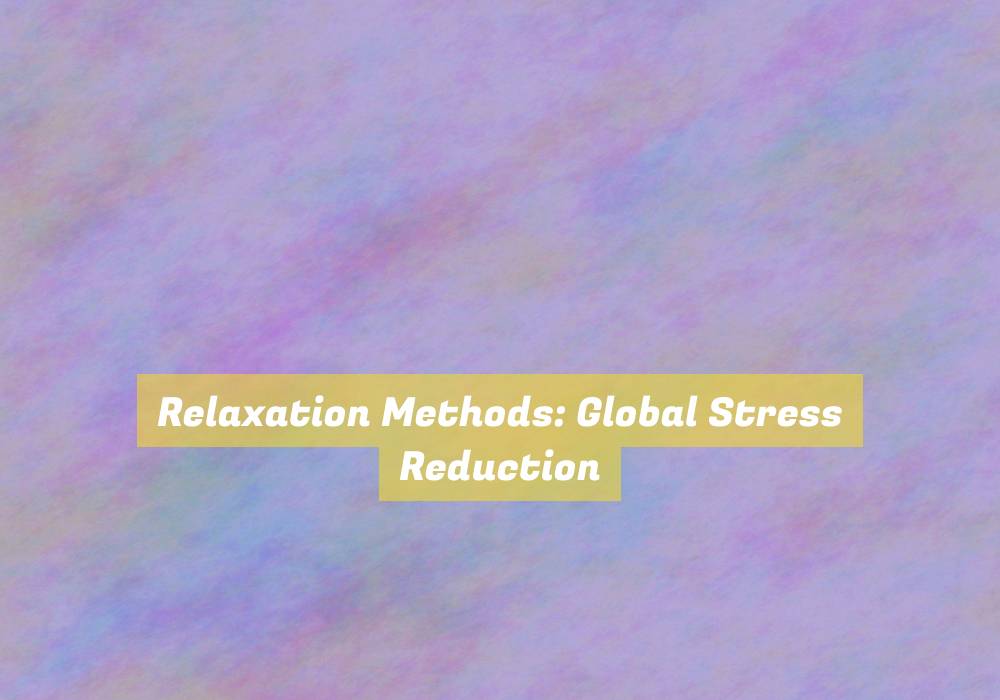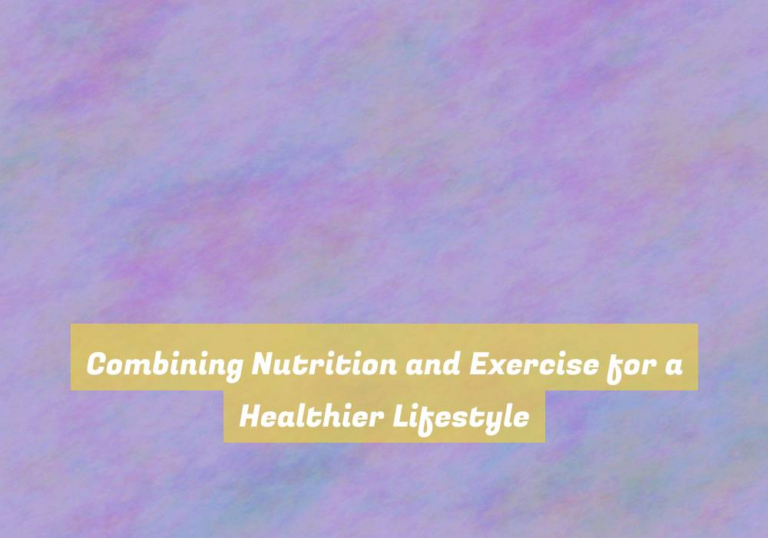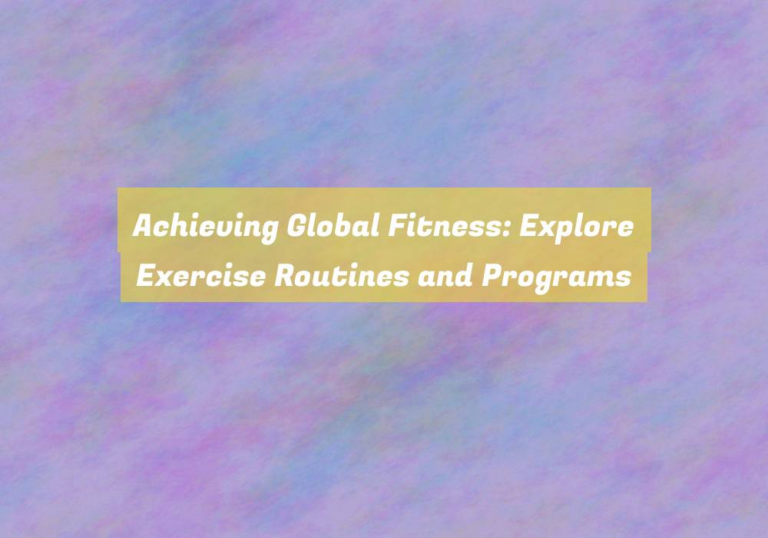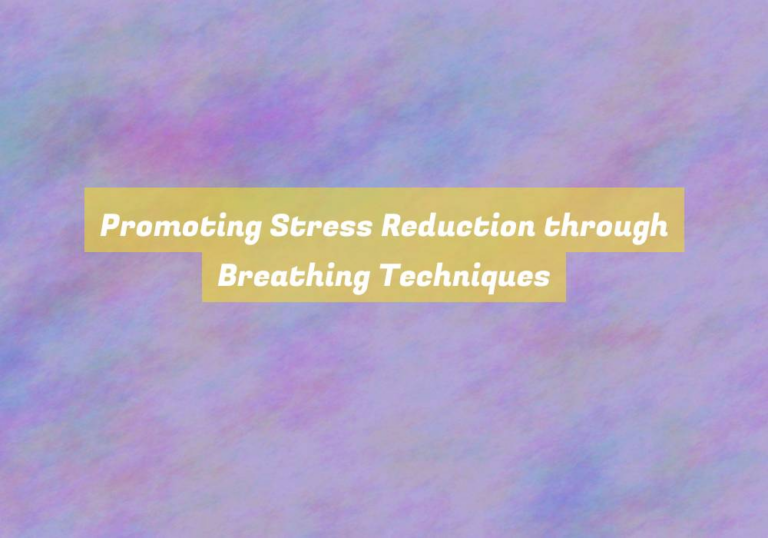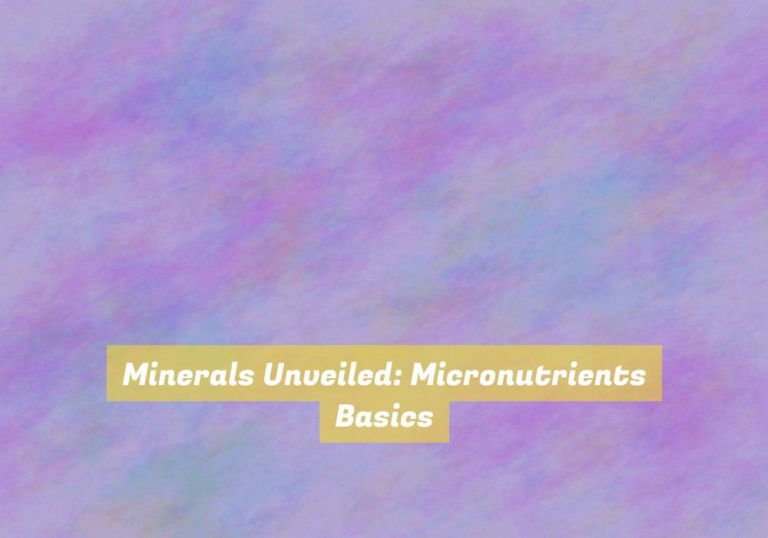Relaxation Methods: Global Stress Reduction
Feeling like the weight of the world is on your shoulders? In todayG??s fast-paced society, stress has become a universal language. But what if you could find a way to untie the knots of tension and release the pressure thatG??s been building up?
There are proven relaxation methods that have been embraced across the globe, offering a path to relief and calm. From ancient meditation techniques to modern mindfulness strategies, the tools for global stress reduction are at your fingertips.
But how exactly do these methods work, and how can they benefit you in your quest for peace and balance?
Meditation Techniques
When you practice meditation, you focus your mind and eliminate distractions, allowing for a deep sense of relaxation and inner peace. One technique, known as mindfulness meditation, involves focusing on the present moment without judgment. Sit comfortably, close your eyes, and pay attention to your breath, the sensations in your body, and the thoughts that arise without getting caught up in them. This practice can help you become more aware of your thoughts and feelings, reducing stress and promoting a calmer state of mind.
Another effective method is loving-kindness meditation, where you cultivate feelings of compassion and love towards yourself and others. By silently repeating phrases like G??May I be happy, may I be healthy, may I be safe, may I live with ease,G?? you can promote feelings of goodwill and empathy. This practice can enhance your emotional well-being and create a positive outlook on life.
Breathing Exercises
To begin incorporating breathing exercises into your daily routine, start by finding a quiet and comfortable space where you can sit or lie down. Close your eyes and take a slow, deep breath in through your nose, allowing your lungs to fill completely. Then, exhale slowly through your mouth, focusing on fully emptying your lungs. Repeat this deep breathing pattern several times, allowing each breath to relax your body and clear your mind. As you continue, pay attention to the natural rhythm of your breath, letting it guide you into a state of calm and relaxation.
Another effective breathing exercise is the 4-7-8 technique. Inhale quietly through your nose for a count of 4, hold your breath for a count of 7, and then exhale forcefully through your mouth for a count of 8. This exercise can help reduce stress and anxiety, promoting a sense of tranquility.
Yoga Practices
Consider incorporating yoga practices into your daily routine to promote relaxation and reduce stress. Yoga combines physical postures, breathing exercises, and meditation to help calm the mind and relax the body. The practice of yoga has been shown to reduce the levels of cortisol, the stress hormone, in the body. By focusing on breath and movement, yoga helps to release tension in the muscles and promotes a sense of inner peace and well-being.
One of the key aspects of yoga is its focus on mindfulness and being present in the moment. This can be particularly beneficial for reducing stress, as it allows you to let go of worries about the past or future and simply be in the here and now. Additionally, the physical movement in yoga can help release endorphins, which are natural mood lifters, further contributing to stress reduction.
Incorporating just a few minutes of yoga into your daily routine can have a significant impact on your overall stress levels. Whether itG??s a gentle morning flow or a restorative evening practice, integrating yoga into your life can provide a powerful tool for managing stress and promoting relaxation.
Mindfulness Strategies
Practice mindfulness by engaging in simple activities that bring your full attention to the present moment. One effective strategy is deep breathing. Take a few minutes to focus on your breath, inhaling slowly and deeply through your nose, then exhaling through your mouth. Notice the sensation of the air entering and leaving your body.
Another mindfulness technique is mindful walking. Pay attention to each step, the sensation of your feet touching the ground, and the movement of your body as you walk.
Engaging your senses can also help you stay present. Take a moment to notice the colors, textures, and scents around you.
Eating mindfully is another way to practice being present. Focus on the flavors, textures, and sensations of each bite.
Practicing gratitude can also help you cultivate mindfulness. Take a few minutes each day to reflect on the things youG??re grateful for.
These simple mindfulness strategies can help reduce stress and improve your overall well-being.
Conclusion
In conclusion, incorporating relaxation methods into your daily routine can help reduce stress and improve your overall well-being.
By practicing meditation techniques, breathing exercises, yoga, and mindfulness strategies, you can achieve a sense of calm and balance in your life.
Remember to take time for yourself and prioritize self-care to combat the effects of stress and promote relaxation.
You deserve to feel at ease and rejuvenated, so make relaxation a priority in your daily routine.

